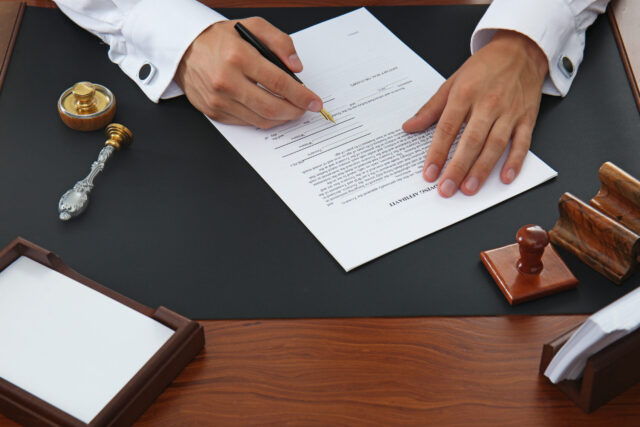Divorce is probably the most emotionally and financially tumultuous process you will have to endure. And if you and your spouse cannot agree on the terms of your divorce, you will have to undergo the contested divorce process. Here, your assets will be subject to equitable distribution during litigation. If you believe your ability to keep your house after your divorce is at risk, read on to learn how a seasoned Suffolk County marital property attorney at The Law Offices of Susan A. Kassel, P.C. can fight on your behalf.
Will equitable distribution allow me to keep my house after my divorce?
The New York courts follow equitable distribution when making property division decisions in divorce proceedings. Equitable distribution is a fair and just distribution of your marital assets, which may include your house. Notably, “fair and just” does not necessarily mean “equal.”
Essentially, marital property is composed of the assets you and your spouse acquired during your marriage, such as your home. So if you and your spouse bought your house together while you were married, it will be subject to equitable distribution and you have a chance of keeping it.
On the other hand, separate property is property acquired either before or outside of your marriage. This means that, if your spouse is the sole owner of the title, your house is not subject to equitable distribution, and thus, you might not be able to keep it. Other examples in which your house would be considered exempt property read as follows:
- You or your spouse were given the house as a gift.
- You or your spouse inherited the house.
- Your house was excluded from the marital estate in your prenuptial agreement.
How will the courts determine who gets to keep the house after the divorce?
If your house is considered marital property and must undergo equitable distribution, the New York courts will reference the following factors when deciding who gets to keep the house:
- The value of your property.
- You and your spouse’s yearly income and earning capabilities.
- You and your spouse’s debts and liabilities.
- The standard of living established in your marriage.
- The duration of your marriage.
- You and your spouse’s age.
- You and your spouse’s overall health.
- Your child custody agreements.
- Whether you and your spouse are financially independent.
Of note, the same considerations are made for any other marital property you and your spouse share. If you believe you are entitled to keep your house, do not hesitate in reaching out to a competent Suffolk County divorce & separation attorney today.
CONTACT OUR FIRM
If you need strong legal representation regarding matters of divorce, family law, and estate law, contact the Law Offices of Susan A. Kassel, P.C. to schedule a consultation today.




